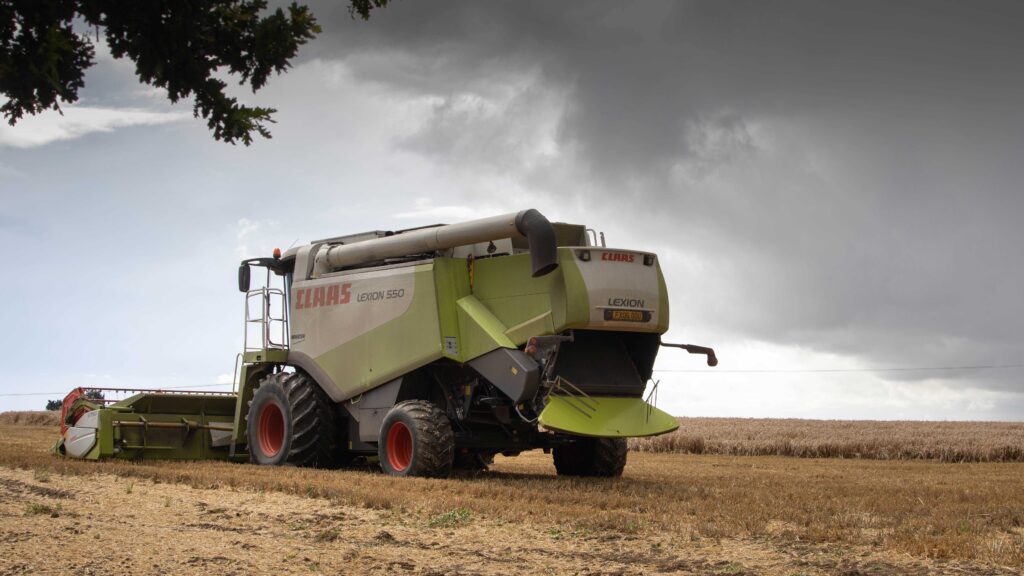Grain markets unmoved by Defra’s dismal harvest data
 © Tim Scrivener
© Tim Scrivener Grain markets remain muted, despite latest data from Defra pointing to a smaller crop in England than the AHDB and most traders were expecting.
According to the Defra report, England has had one of its worst harvests on record, with the provisional wheat crop put at just 10.6m tonnes – up 4.9% on last year’s all-time low.
See also: Milling wheat premiums slide as global quality increases
While the area of wheat planted for 2025 was up 9% on the previous year, the spring and summer drought brought yields back to just 7t/ha – even lower than the rain-affected 2024 crop.
The provisional estimate for the 2025 English barley harvest is 4.2m tonnes, representing a 14% decline compared to 2024.
Although winter barley yields increased by 5.3% to 6.5 t/ha, the overall impact was offset by an 8.1% decline in spring barley yields to 5.0 t/ha.
And oats production is estimated to have dropped by 2.3%, to 755,000t, with yields down 11% to 4.6 t/ha compared to 2024.
Lower than AHDB
These yield estimates are all lower than figures suggested by the AHDB, which had previously put the wheat crop in England at 7.6t/ha, winter barley at 6.7t/ha, and spring barley at 5.8t/ha.
Reacting to the depressed data, Tom Lancaster from the Energy and Climate Intelligence Unit was quick to blame climate change.
“We have now seen three of the five worst harvests on record this decade after extreme weather, telling a story of escalating climate impacts that farmers are unable to cope with,” he said.
“It should now be an urgent priority for government and business to support farmers to adapt to these extremes and build their resilience by investing in healthier soils and more climate and nature-friendly farming.”
Market still weak
Wheat futures did firm slightly after Defra’s harvest estimates were released, with the London November contract up £1.20/t to £166.75/t at the close on Thursday (9 October).
But, according to the AHDB, this was driven by currency factors, with sterling at a two-month low against the US dollar and the Euro (making imports more expensive).
“Globally, ample wheat supplies continued to cap any significant price gains,” said AHDB cereals analyst Gabriel Odiase.
Trade estimates have recently raised the Argentinian wheat crop from 20m tonnes to 23m tonnes, while Russia has cut its export duty by 20% to support higher export volumes.
Government support for Irish tillage farmers
The Irish government has agreed to a €50m (£43m) cash injection for its cereal farmers as part of a new budget set out in Dublin this week.
Irish Farmers’ Association grain chairman Kieran McEvoy said the funding for tillage growers would “help a sector in crisis”, but fell short of the €65m (£56m) annual funding over a five-year period the IFA says is necessary to ensure the sector remains secure into the future.

